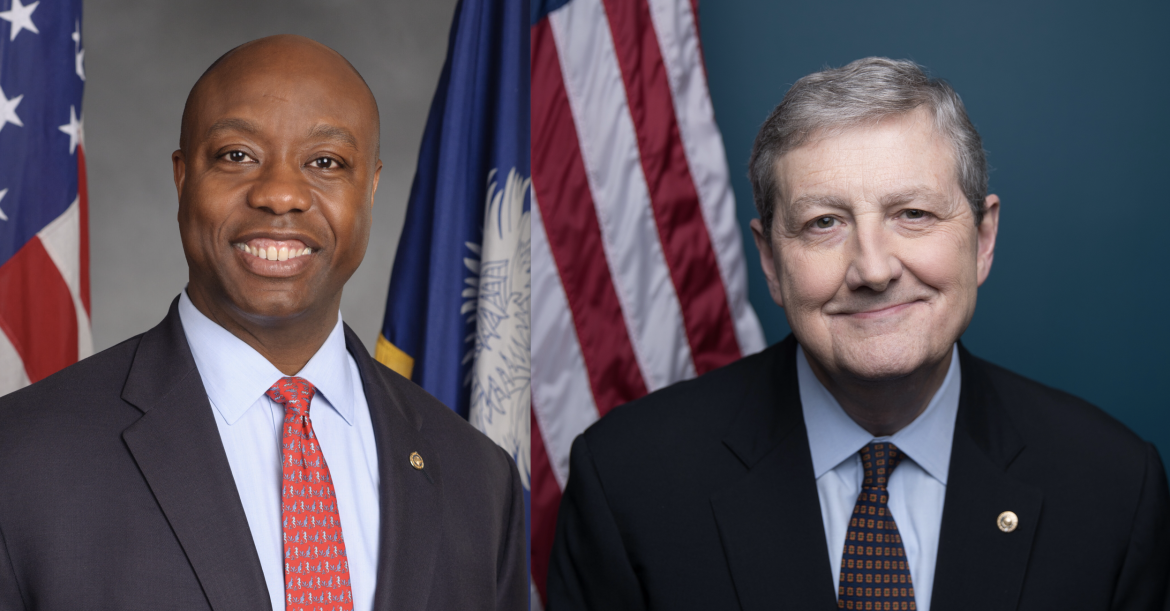400
“The government shouldn’t crowd out private lenders that are already doing a good job getting funds to the small businesses that need them.”
WASHINGTON – Sen. John Kennedy (R-La.) today joined Sen. Tim Scott (R-S.C.) to introduce the
Home NewsRegional/State NewsKennedy, Scott introduce bill to protect job creators from Biden admin’s SBA lending plan



